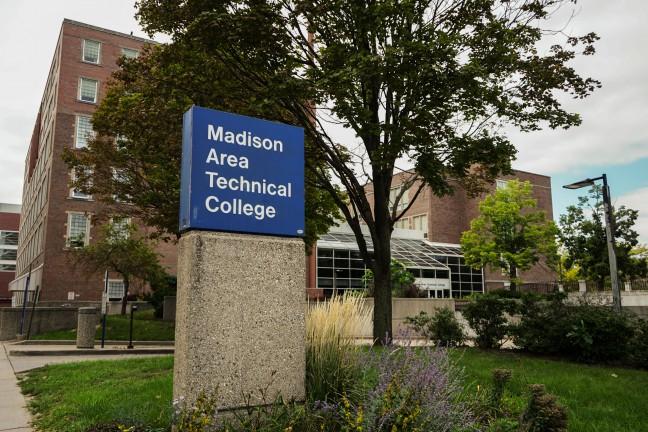As a college student in your late teens or early twenties, your mind is probably a seething cesspool of emotion. Thrust into relative autonomy at the start of college, then into the responsibility of shaping your unpredictable and largely uncontrollable future towards the end, your brain squirms with all the problems that occur in between — choosing a major and career, dealing with difficult roommates, hormonal relationships and schoolwork, to name a few. If you feel overwhelmed by these issues, fear not. The University of Wisconsin-Madison offers its students free individual counseling sessions through University Health Services to help you address your personal issues.
A substantial number of UW-Madison students have taken advantage of this service. 3,727 students attended 17,443 total sessions during the 2006-07 school year, equating nearly a tenth of the student body, according to a report by the UW System Office of Operations Review and Audit on its mental health counseling. The counseling sessions are a crucial resource for those seeking help for anything from depression to drug addiction, or for anyone who is simply stressed and can relate to any of the issues outlined in the first paragraph.
Unfortunately, as more and more students turn to counseling, the counseling services in the UW System have been unable to keep up. While the number of UW students who sought counseling increased by 22 percent between 2003 and 2007, the size of UW’s full-time professional counseling staff remained static. As a result, counseling staff is overbooked and unable to meet students’ needs effectively.
The system’s counselor-student ratio stretches far beyond the International Association of Counseling Services’ minimum recommended ratio of one staff member to 1,500 students. Although UW-Madison barely complies with the recommendation, other UW colleges are not so privileged, and consequently their students must wait at the very least a week before receiving counseling, except in severe crisis prevention cases. In Milwaukee, where students outnumber counselors 4,289 to one, students must wait four weeks to receive counseling.
A lot can happen in one week, let alone four. With the all-too-real possibility of worsening mood or violence against one’s self and others, the appointments must be scheduled sooner. The shortage of counselors that impedes students from receiving prompt care is only expected to worsen in the coming years, as mental disorders among the young are projected to increase and enrollment in the UW system continues to rise. UW counseling services must be able to hire more counselors in order to provide adequate mental health services to its students, but unfortunately, its chances of getting the funding needed to hire more staff look grim.
The UW System Board of Regents looked at the counselor shortage problem in their last meeting, along with countless other issues, and are still deciding how to address the problem. Currently, in the case of UW-Madison, the costs of counseling services are shared in equal amounts by state funding and student enrollment fees. However, I doubt the board will be able to squeeze much more money from either of these sources, especially the $30 million recommended by the mental health counseling report mentioned earlier.
Members of the state Assembly have become extraordinarily fond of likening UW to an enormous trash heap stacked with wasted taxpayer dollars. Spending the ever-shrinking contribution of the state on anything besides the barest of academic essentials is becoming more difficult and sure to draw the ire and accusations of state legislators. Increasing student enrollment fees is also unlikely to raise much of the needed money. Even though I, as a pinko sissy liberal, admire the idea of every student contributing to part of everyone’s health care costs, enrollment fees and tuition have already skyrocketed over the past decade to barely-affordable heights for some. And while raising student fees to cover counseling costs alone might only be a negligible price hike, there are many other perfectly valid reasons to raise student fees that together would make tuition far too high. Raising enrollment costs is not reliable as a primary means of adding funding.
The board will, in my mind, look to alternate means of funding for counseling services. Unfortunately, these means may very well include charging students for individual sessions, as the UW System Office of Operations Review and Audit report suggests (along with a host of other possible strategies — look it up for more). If it comes to that, then so be it — but only after a certain number of initial visits. Actively seeking help is a huge and difficult first step in receiving treatment, and a deterrent in any form, even a small fee, could easily make someone teetering on the fence about scheduling their first visit decide not to seek help. UW’s counseling service must remain as accessible as possible, making sure the line outside its doors moves quickly, instead of at a pace of one to four weeks.
Jack Garigliano ([email protected]) is a junior majoring in history and English.







